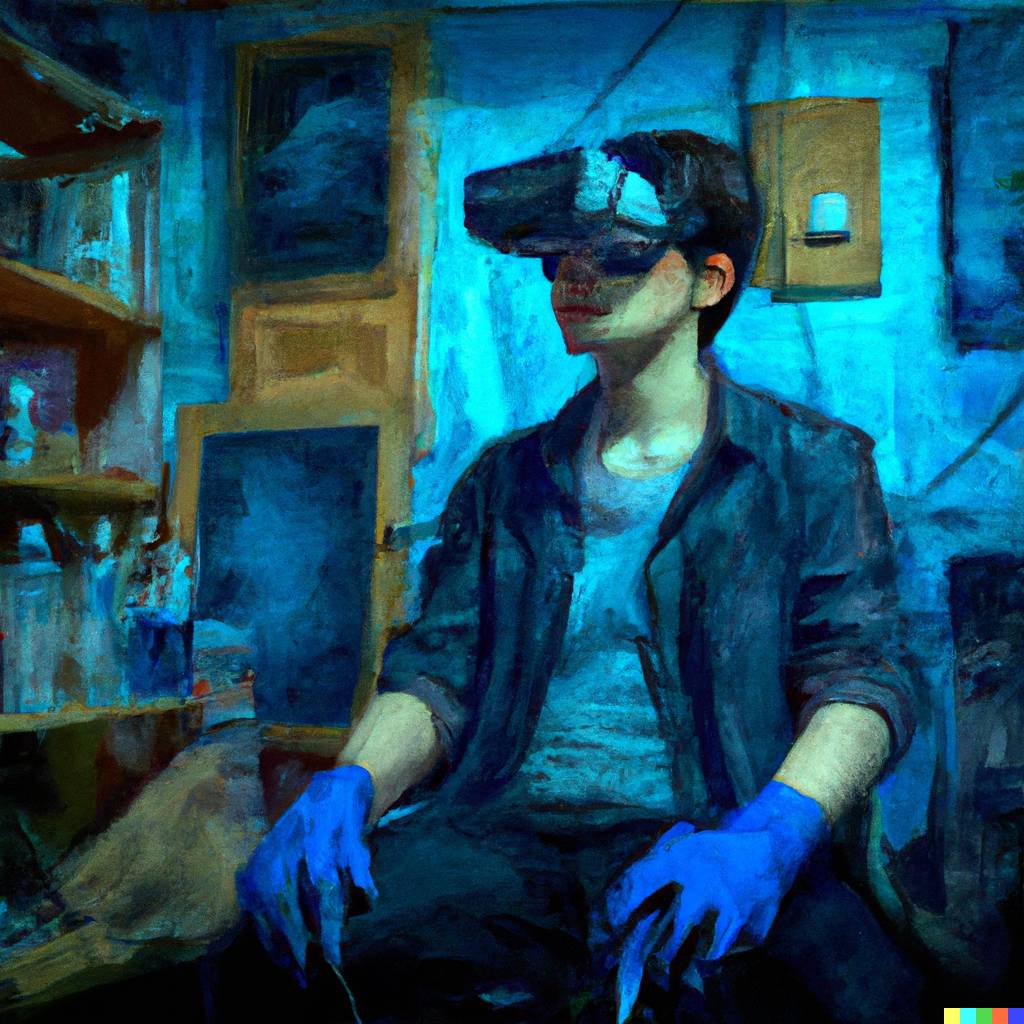
Hopefully, this will enhance our understanding both of subjectivity, and of the philosophical relevance of the film. My primary aim in this paper is to follow the film through its exploration of subjectivity, clarifying its insights with the aid of current philosophical work on the topic. The philosophical issues that this scenario raises are manifold. And then, after about fifteen minutes, you're spit out into a ditch on the side of the New Jersey Turnpike." You see the world through John Malkovich's eyes. It's a portal, and it takes you inside John Malkovich.

"There's a tiny door in my office Maxine. The outrageous premise of this comic fantasy is summarised by the film’s protagonist, Craig Schwartz:

Furthermore, it has been claimed that this virtue does not belong solely to ‘art’ films, but that popular cinema too can do philosophy.Ě case in point is Spike Jonze’s 1999 film Being John Malkovich, the Oscar-winning screenplay of which was written by Charlie Kaufman. Many have responded that films can indeed do philosophy to a substantial degree.

To what extent can film - or individual films - act as a vehicle of or forum for philosophy itself?.


 0 kommentar(er)
0 kommentar(er)
